Navigating Public Holidays in New South Wales: A Comprehensive Guide for 2025
Related Articles: Navigating Public Holidays in New South Wales: A Comprehensive Guide for 2025
Introduction
With enthusiasm, let’s navigate through the intriguing topic related to Navigating Public Holidays in New South Wales: A Comprehensive Guide for 2025. Let’s weave interesting information and offer fresh perspectives to the readers.
Table of Content
Navigating Public Holidays in New South Wales: A Comprehensive Guide for 2025
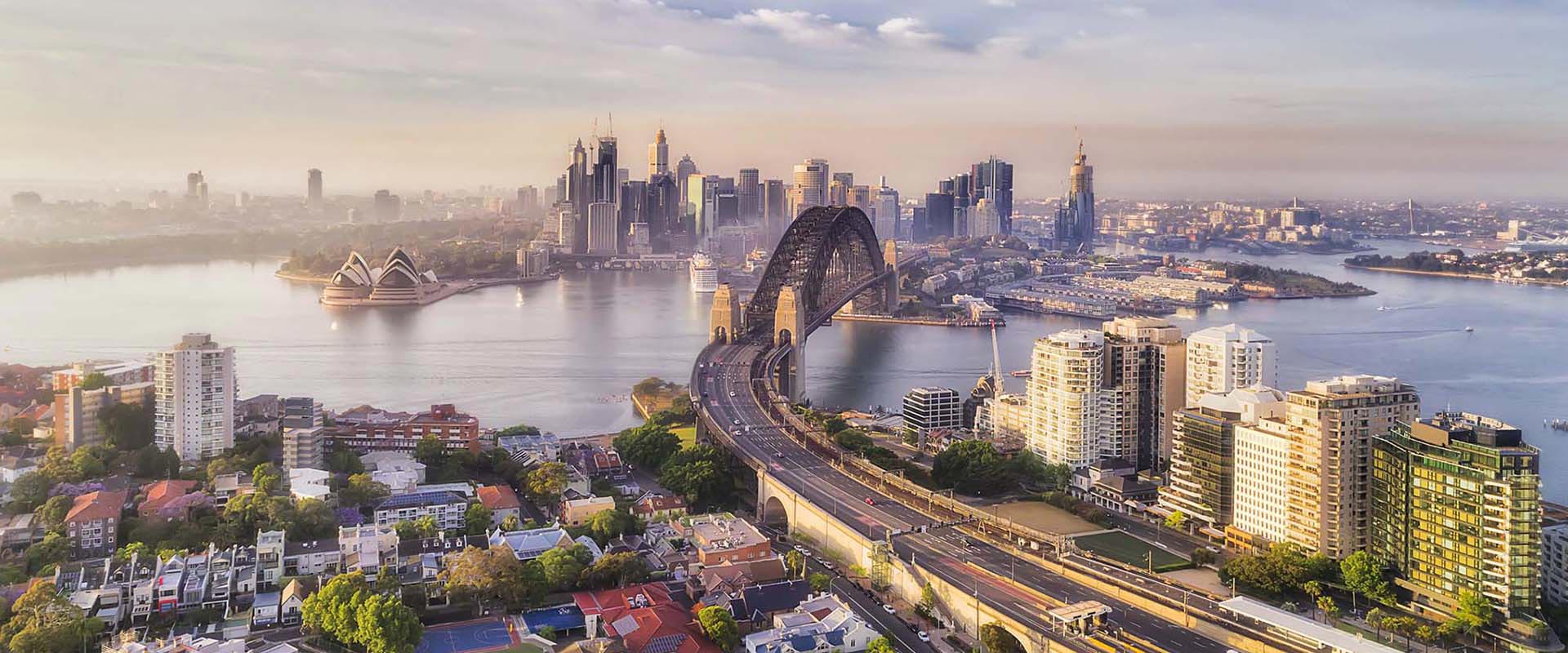
Understanding the public holiday calendar is essential for individuals and businesses in New South Wales. It informs planning, scheduling, and expectations, ensuring smooth operations and maximizing leisure time. This comprehensive guide provides a detailed overview of public holidays in New South Wales for 2025, incorporating historical context, cultural significance, and practical considerations.
Public Holidays in New South Wales for 2025:
January:
- New Year’s Day: Celebrated on January 1st, marking the beginning of a new year. It is a time for reflection, renewal, and celebrating the past year’s achievements.
- Australia Day: Observed on January 26th, commemorating the arrival of the First Fleet at Sydney Cove in 1788. It is a day of national pride, reflection on the nation’s history, and celebration of Australian culture.
March:
- Good Friday: A Christian holiday observed on Friday before Easter Sunday, commemorating the crucifixion of Jesus Christ. It is a significant religious observance for many Australians.
- Easter Monday: A public holiday following Good Friday, marking the resurrection of Jesus Christ. It is a time for family gatherings, Easter egg hunts, and celebrations.
April:
- Anzac Day: Observed on April 25th, commemorating the Australian and New Zealand Army Corps (ANZAC) soldiers who fought in World War I. It is a day of remembrance, honoring the sacrifices made by those who served.
May:
- Labour Day: Celebrated on the first Monday of May, honoring the achievements of workers and recognizing their contributions to society. It is a day for unions and workers to reflect on their rights and advocate for better working conditions.
June:
- Queen’s Birthday: Celebrated on the second Monday of June, honoring the reigning monarch of the United Kingdom. It is a day for celebrating the Commonwealth and its historical ties to the United Kingdom.
October:
- Melbourne Cup Day: Celebrated on the first Tuesday of November, a national holiday honoring the iconic Melbourne Cup horse race. It is a day for horse racing enthusiasts and social gatherings.
December:
- Christmas Day: Celebrated on December 25th, commemorating the birth of Jesus Christ. It is a significant religious holiday for many Australians and a time for family gatherings, gift-giving, and festive celebrations.
- Boxing Day: Celebrated on December 26th, traditionally a day for giving gifts to those who worked for you during the year. It is now a day for family gatherings, shopping, and enjoying the holiday season.
Understanding the Importance of Public Holidays:
Public holidays play a crucial role in the social and economic fabric of New South Wales. They provide:
- Time for Rest and Recreation: Public holidays offer a chance for individuals to rest, recharge, and spend quality time with loved ones. This contributes to overall well-being and mental health.
- Cultural and Historical Significance: Many public holidays are deeply rooted in history and cultural traditions, providing opportunities for reflection, remembrance, and celebration.
- Economic Benefits: Public holidays stimulate spending in retail, tourism, and hospitality sectors, contributing to the economy.
- Enhanced Work-Life Balance: Public holidays allow employees to enjoy time away from work, promoting a healthy work-life balance and reducing stress.
FAQs about Public Holidays in New South Wales:
1. Are all public holidays observed throughout New South Wales?
While most public holidays are observed state-wide, some may be specific to certain regions or industries. It is essential to check local regulations and employer policies for specific details.
2. What happens if a public holiday falls on a weekend?
If a public holiday falls on a Saturday or Sunday, it is generally not observed as a public holiday. However, some employers may offer a day off in lieu or other arrangements.
3. Can businesses operate on public holidays?
Businesses are generally allowed to operate on public holidays, but certain restrictions may apply. For example, shops may have limited operating hours or be closed entirely.
4. Are public holidays paid for employees?
Most employees are entitled to paid public holidays, but specific entitlements may vary depending on employment agreements and industry regulations.
5. What are the consequences of working on a public holiday?
Working on a public holiday may attract penalty rates or other compensation, depending on industry agreements and employer policies.
Tips for Planning Around Public Holidays:
- Plan ahead: Consider public holidays when planning events, vacations, and work schedules.
- Check local regulations: Ensure you are aware of any local variations or restrictions regarding public holidays.
- Communicate with employers and colleagues: Discuss work arrangements and expectations regarding public holidays.
- Enjoy your time off: Take advantage of public holidays to relax, recharge, and connect with loved ones.
Conclusion:
Public holidays are an integral part of the social and economic landscape of New South Wales. They provide opportunities for rest, recreation, cultural engagement, and economic activity. By understanding the calendar of public holidays, individuals and businesses can plan effectively, optimize their time, and contribute to the vibrant spirit of the state.
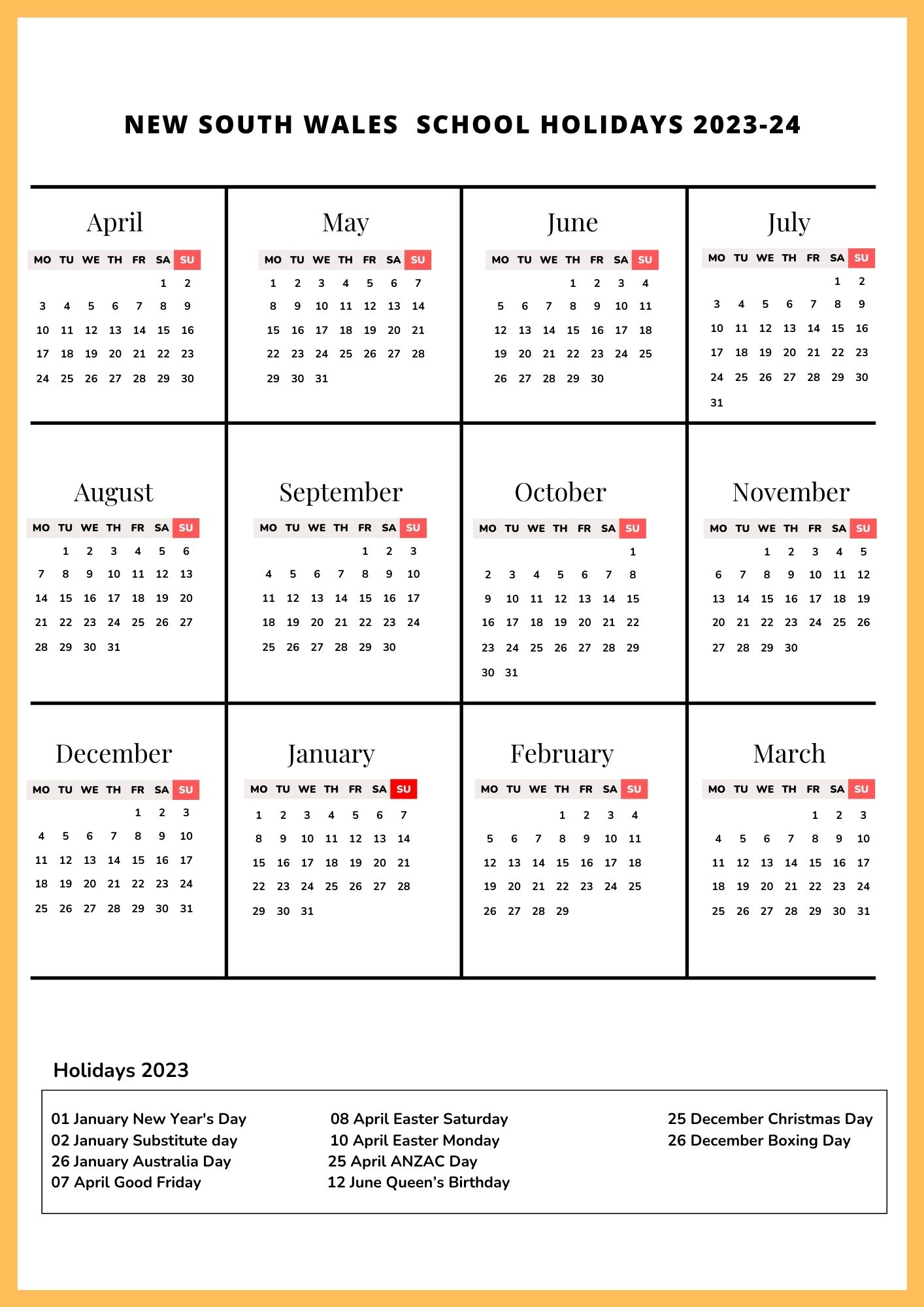
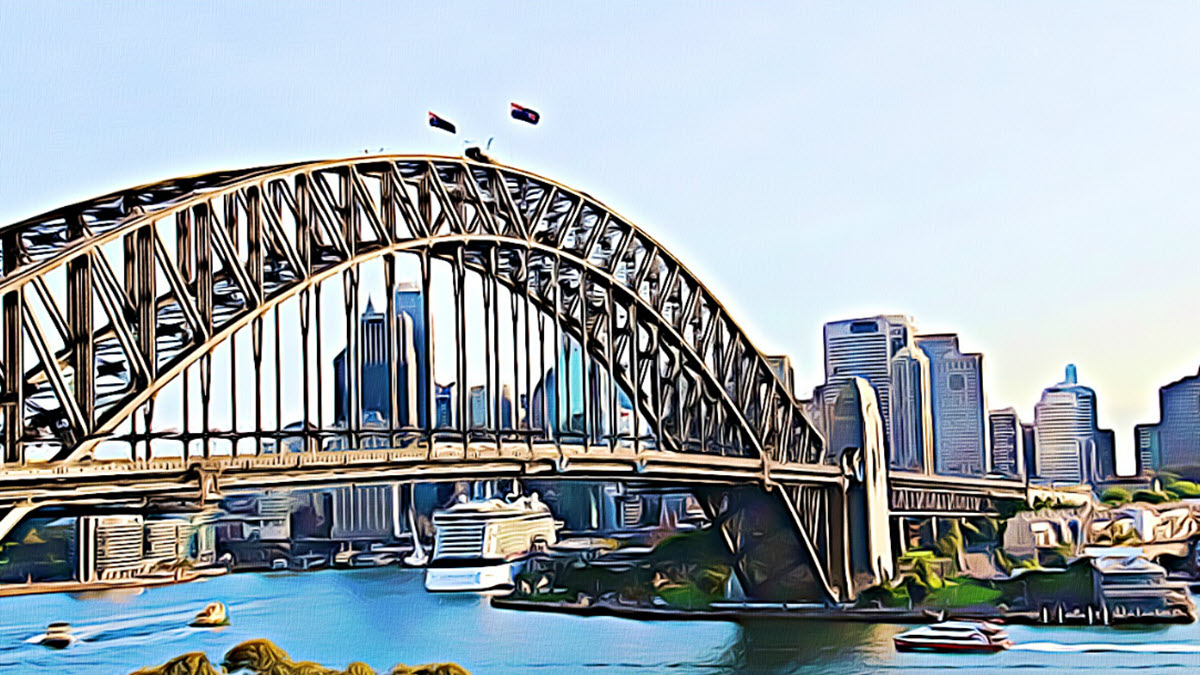

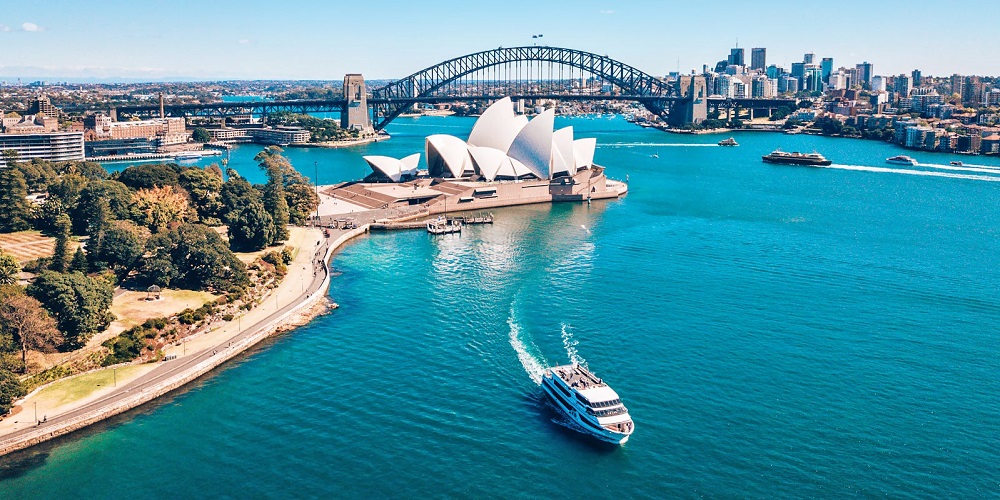

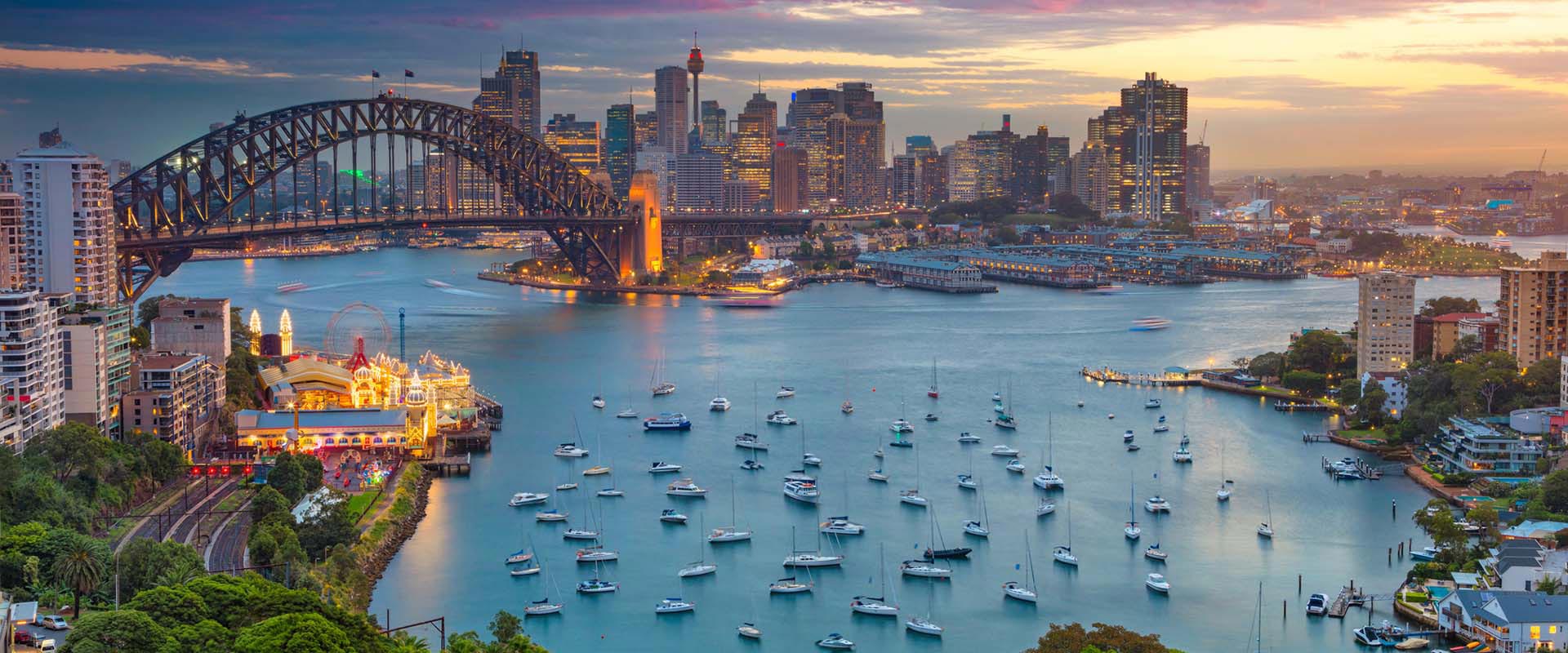


Closure
Thus, we hope this article has provided valuable insights into Navigating Public Holidays in New South Wales: A Comprehensive Guide for 2025. We appreciate your attention to our article. See you in our next article!
